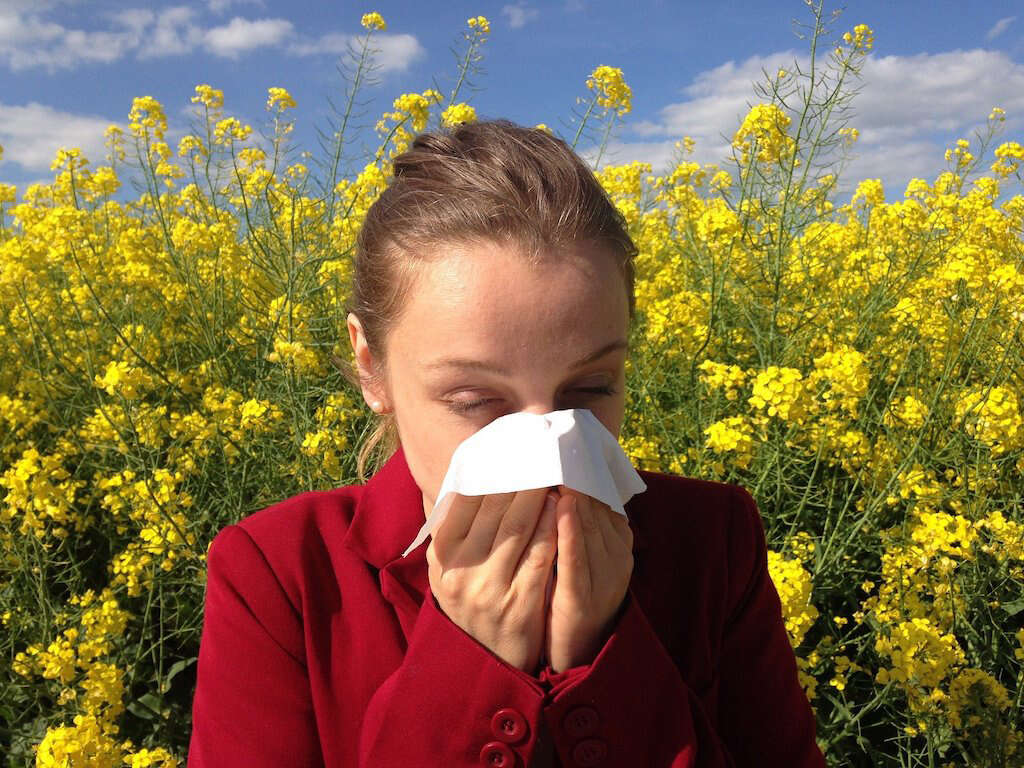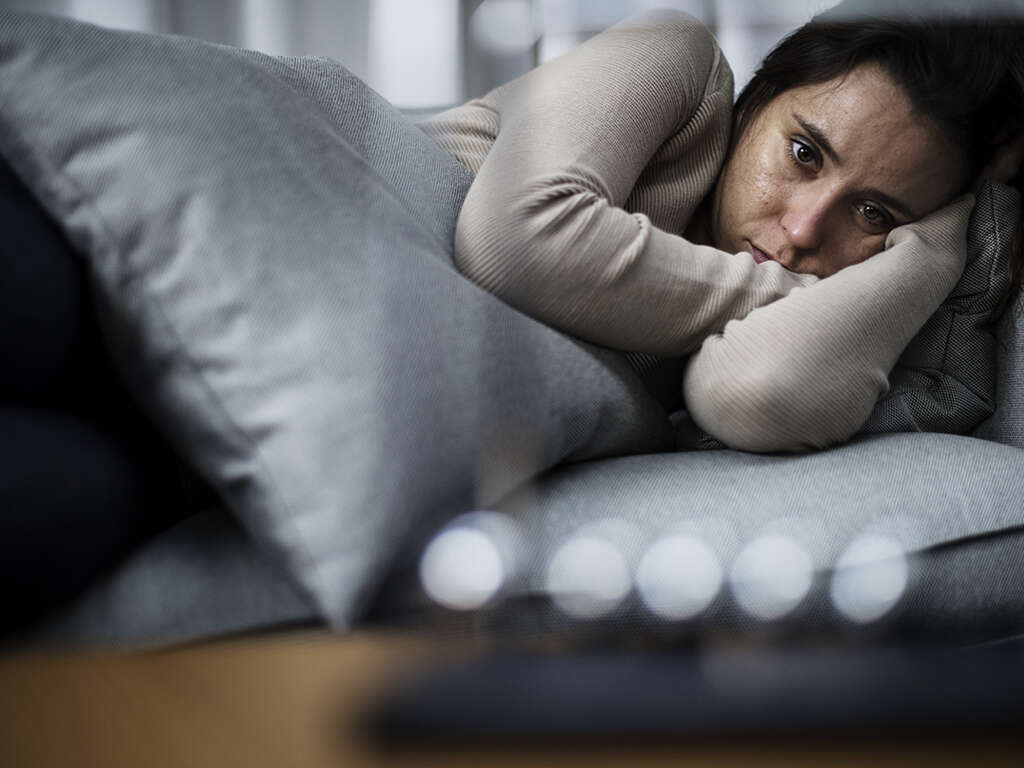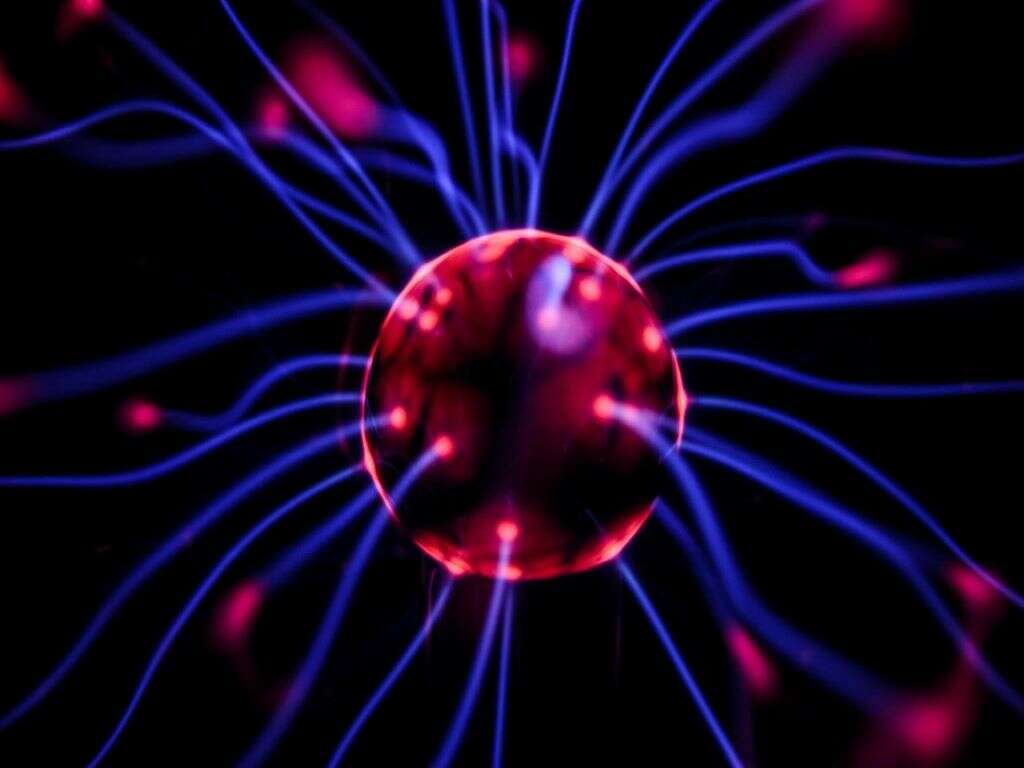10 Symptoms of Stress
Stress is a mental and physical state that is triggered by circumstances that are not ideal. Everyone’s bodies portray stress symptoms in a different way, from external signs such as facial acne, to internal signs, such as chronic diseases. When stress is left unmanaged, it can trigger a number of signs and symptoms.
Stress is the physical manifestation of when we are feeling overwhelmed and unable to cope with life’s demands. These demands can be related to anything from work, school, family or friends. Stress can also be triggered in people of all ages as it does not merely depend on the severity of the situation, but also the capacity of the person at that point in their lives and their ability to cope with it.
Stress can also serve as a motivator, an essential component to survival. The “fight-or-flight” mechanism can tell us how and when to respond to danger, a life-saving instinct. Unfortunately, when chronic stress triggers this mechanism too often, it can affect a person’s mental and physical well-being. Some symptoms of chronic, untreated stress include the following.

Symptom #1: Vasovagal
This stress symptom can occur when your body overreacts to triggers, such as emotional distress. It causes your heart rate and blood pressure to suddenly drop and reduces the blood flow to your brain. This results in a loss of consciousness and syncope. Vasovagal is usually harmless and requires no treatment, but it is dangerous to have an episode of syncope because you can injure yourself.
Before fainting from vasovagal, a person may experience the following symptoms: pale skin, lightheadedness, nausea, yawning, blurred vision, feeling warm and cold sweats. Recovery generally begins quickly, however if you stand too soon, you are at risk of having another episode of syncope.
You may not always be able to avoid vasovagal, and some people are more prone to it than others, however, if you feel you may faint, lie down and lift your legs to allow gravity to keep blood flowing to your brain.
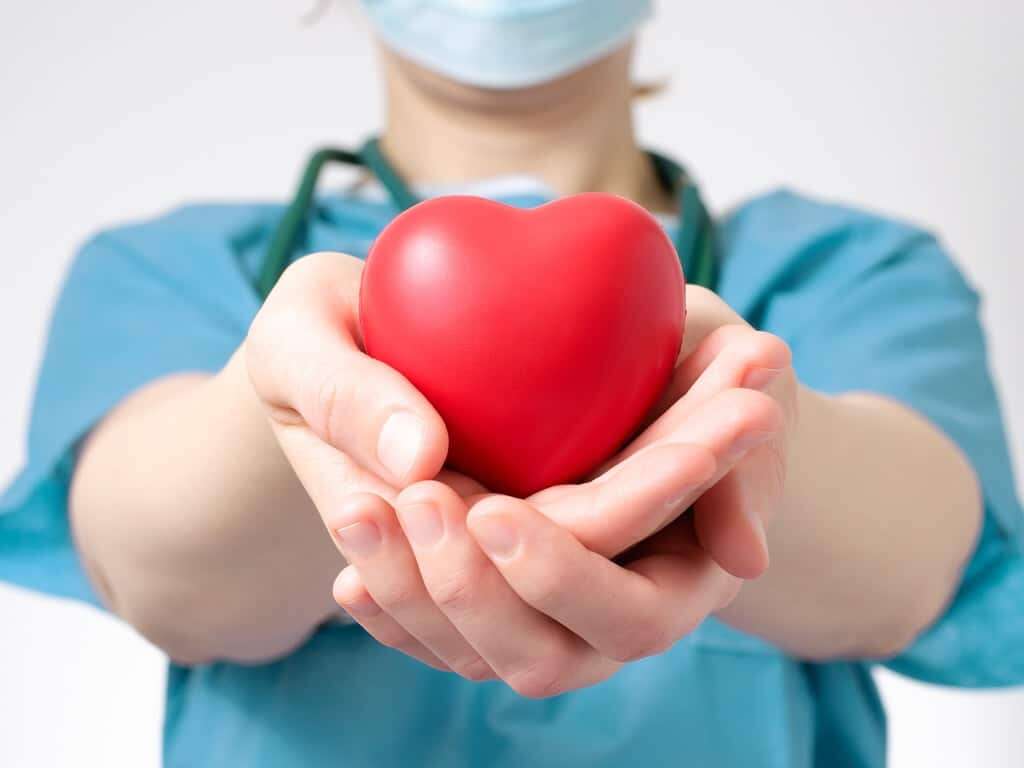
Symptom #2: Decreased Immune System
The main types of immune cells are white blood cells, also called lymphocytes. When a person is stressed, their Cortisol levels increase, suppressing the effectiveness of the immune system, lowering the number of lymphocytes in the body. This inhibits the body’s ability to fight off antigens, making us more susceptible to infections.
Stress can also have an indirect effect on the immune system. When people are stressed, they are more likely to eat unhealthy foods, smoke or drink. These behavioral coping strategies may temporarily reduce symptoms of stress, but may also end up triggering an immune response.

Symptom #3: Poor Digestion
During stress, digestion is inhibited, while after stress, digestion is increased. Studies suggest that the adrenaline released during a stress response may have a direct relationship with the development of ulcers.
The bacterium Helicobacter pylori has been found to cause some stomach ulcers. It lives in your digestive tract and is able to cause sores. Studies have shown that psychological stress enhances the colonization of Helicobacter pylori in the stomach1https://www.ncbi.nlm.nih.gov/pubmed/20102319.

Symptom #4: Acne
Acne is one of the more visible ways in which stress is able to manifest itself. Cortisol being released into the bloodstream can affect hormonal balance, which in turn results in acne. People who are stressed tend to also touch their faces more and spread bacteria, contributing to the development of acne.
The increase in acne may be due to higher levels of sebum produced during stressful periods of time. Another theory suggests that the body responds to stress by directing blood flow and oxygen to the areas fighting stress and withdraws it from areas such as the skin. The skin becomes starved of blood and oxygen, resulting in clogged pores and breakouts. One study even suggested that people who suffer from acne, experience worse symptoms during exams, a stressful period of time. This suggests that emotional stress may have a significant influence on acne2https://www.ncbi.nlm.nih.gov/pubmed/12873885.
If you suffer from stress related acne, consider using a fast-acting spot treatment or products with salicylic acid, probiotics, or benzoyl peroxide to kill the bacteria and reduce redness and inflammation. Be sure to also exfoliate to get rid of dead cells and help clogged pores. Exfoliating is the best way to remove dead skin cells and decongest the skin. You should always consult with a specialist for diagnosis and proper treatment options.

Symptom #5: Headaches
Many studies have also suggested that stress may cause muscles in the neck to become stiff, resulting in headaches. . It is one of the most common causes of tension-related headaches and can trigger migraines too. Simple steps such as meditation, can help prevent stress from interrupting day to day activity.
Daily stressors, such as people at work, traffic, or emails, are usually responded to by grinding teeth or tension in the neck. It is best to recognize this when it occurs and take some time to get organized and feel more in control of the stressor. Experiencing a high number of stressful events can also contribute to insomnia, studies suggest3https://www.ncbi.nlm.nih.gov/pmc/articles/PMC4096198/.
Poor sleep, a common result of stress, can exacerbate headache-prone people. Try to aim for 7 to 8 hours of sleep per night and stick to a regular sleep schedule. Make an effort to be in bed at the same time every night and wake up at the same time every morning. Changing sleeping patterns can negatively affect your ability to sleep and could worsen your stress-related insomnia.

Symptom #6: Poor Diet
Being stressed can inevitably trigger poor decisions in diet. Following an eating pattern that is high in complex carbs and healthy fats can help improve headaches and make a person feel more in control of the stress that they are experiencing. The length of time that the headache lasts and it’s intensity can also be affected by eating a balanced diet.
An important tip is to keep eating healthy, balanced foods throughout the day. Start with a breakfast that includes protein, for example high protein cereal or eggs. Have a morning snack before lunch so that you are not famished and susceptible to making poor food choices. Eat a balanced lunch followed by another snack and then dinner, always making sure that you are not hungry and famished during the day. That way, when night time comes around, your blood sugar is balanced and you are feeling satisfied and full.

Symptom #7: Libido Decrease
It is not uncommon to experience a decrease in libido during stressful periods of time. When your body reacts to stress, you go through a series of changes in order to prepare you to run away, a “fight-or-flight” response. This can be attributed to cortisol or epinephrine. If stress is not reversed and becomes chronic, then it is able to affect the release of hormones and cause low libido.
If you feel as though life stress is affecting your libido, consider symptom management. This may be anything from going on hikes to meditating or doing acupuncture. Chronic stress will decrease as you use specific strategies to prevent worry and stress from affecting your life. Ultimately, this would help stabilize sex drive. Talking with a specialist about stress management may help with applying necessary coping techniques.
Another factor of low libido is relationship stress. Studies show that low libido conflicts with relationship issue, for both men and women. A lack of interest of one partner can affect the interest in the other partner. Working through these difficulties is important for many reasons, including libido.
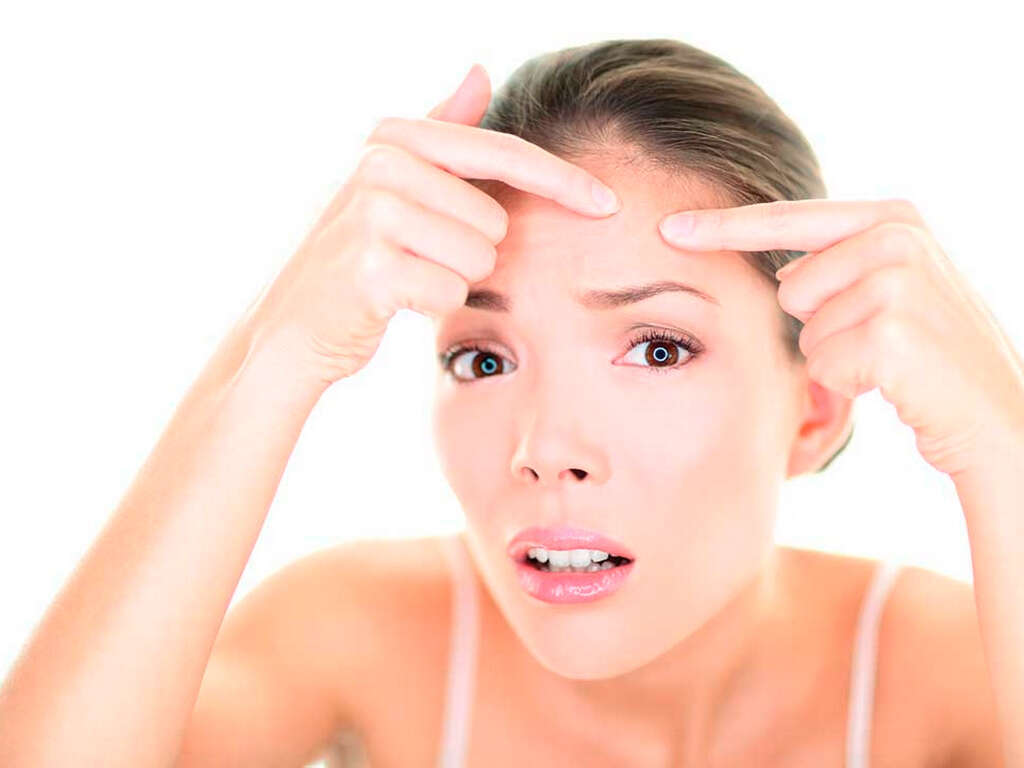
Symptom #8: Appetite Changes
Stress may cause a fluctuation in appetite. Sometimes you may find yourself with no appetite and other times you may be raiding the refrigerator at night. Stress stimulates the brain to secrete hormones that activate the sympathetic nervous system. A stress hormone, called corticotropin-releasing factor, suppresses appetite and decreases the body’s natural hunger hormone. It is not uncommon for people with high levels of stress to have elevated levels of this hormone, resulting in appetite suppression.
It is uncertain whether stress will cause your appetite to increase or decrease. Depending on the type or seriousness of the situation, you may eat more or less. During final exams, you may want to eat all kinds of junk food, but after breaking up with a boyfriend, you may lose your appetite altogether. It is not fully understood why this may happen, however it is likely related to stress hormones and their influence on hunger and fullness.
Some people experience nausea when eating under stressful circumstances. This may lead to appetite suppression. Once the individual is convinced that this is the way that their body reacts when they eat under stress, it may become more of a habit, further perpetuating the cycle.
Another effect that stress has on food is the perception of control. Some may begin to restrict and binge on food because having control over food may help soothe the anxiety. Stress can trigger eating disorders so it is important to stay mindful during this period of time.

Symptom #9: Muscle Tension
It is not uncommon to experience muscle tension during times of stress. It may cause stiffness for a brief moment or up to hours and days until the stressor is resolved or help is sought. The degree and severity can vary from person to person.
Many who experience stress are sore in their back, neck, shoulders, or chest. Some people may find that the muscle tension is affecting their quality of life. It is important to seek medical attention to manage muscle tension.
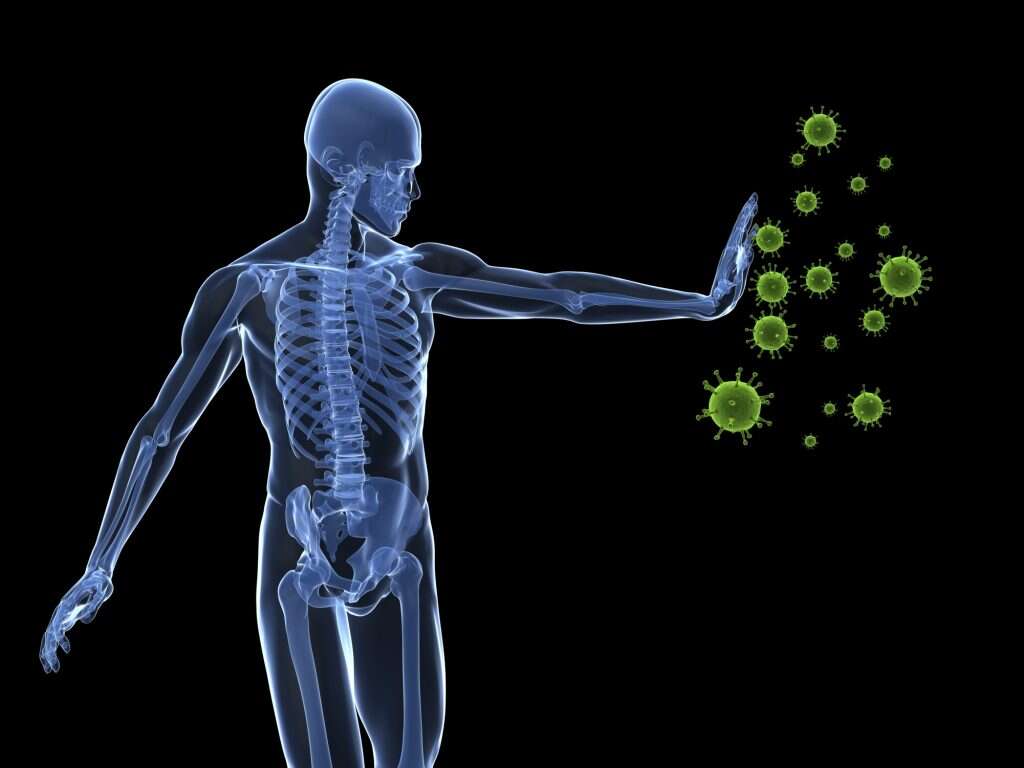
Symptom #10: Rapid Heart Beat
Everyone feels stress in different ways. When stress is excessive, it is not uncommon to experience high blood pressure or heart palpitations.
The brain releases hormones that cause your heart to pound, since stress hormones are stimulants. These hormones include adrenaline and cortisol. They go into your bloodstream, increasing your heart rate and may end-up causing palpitations.





